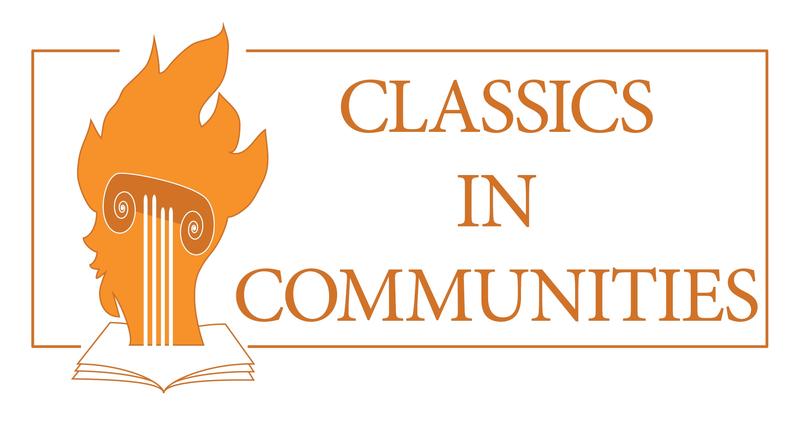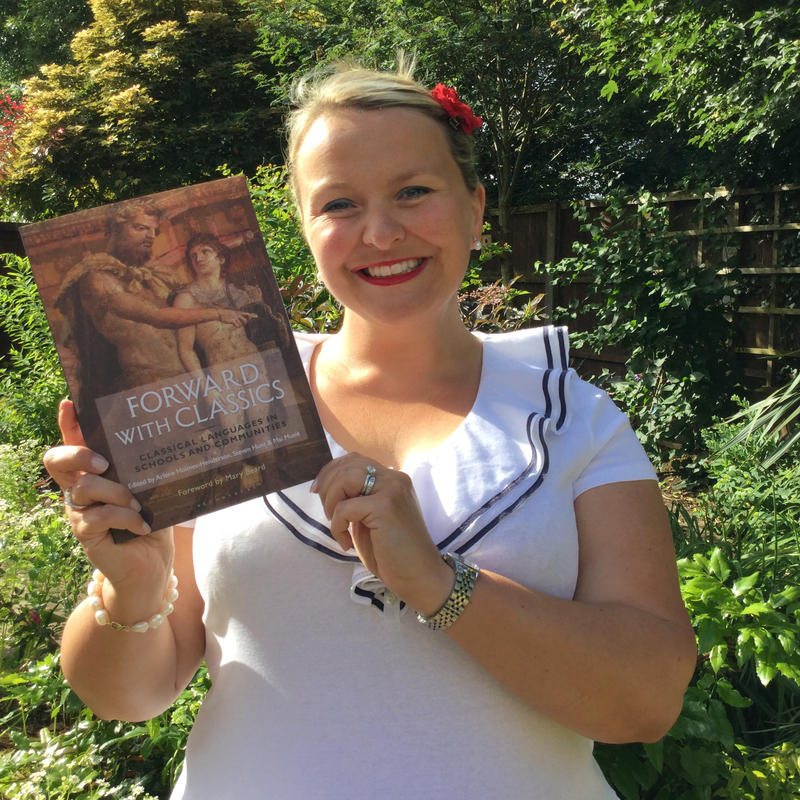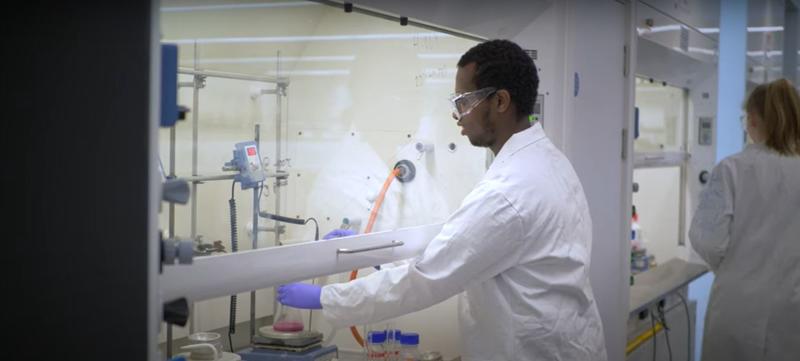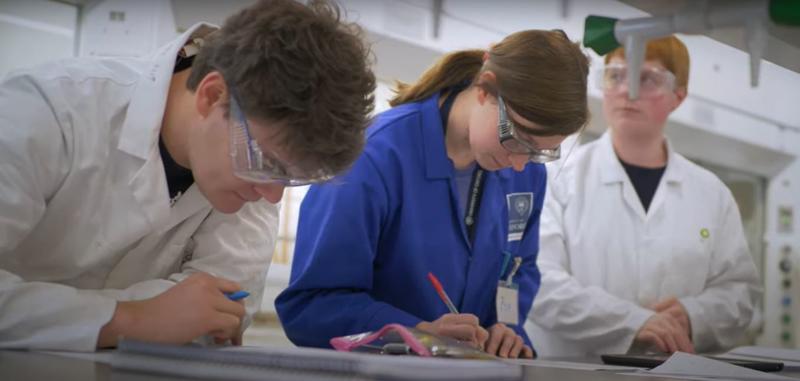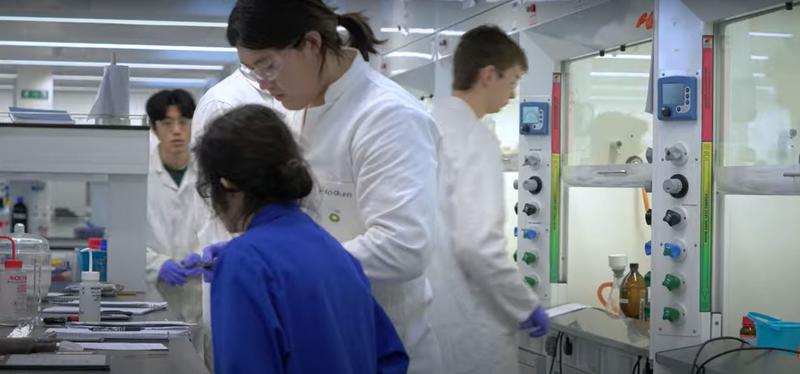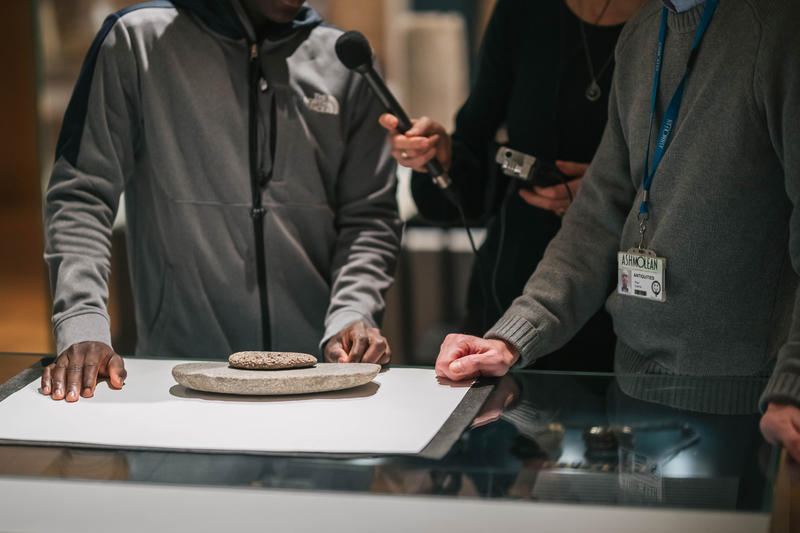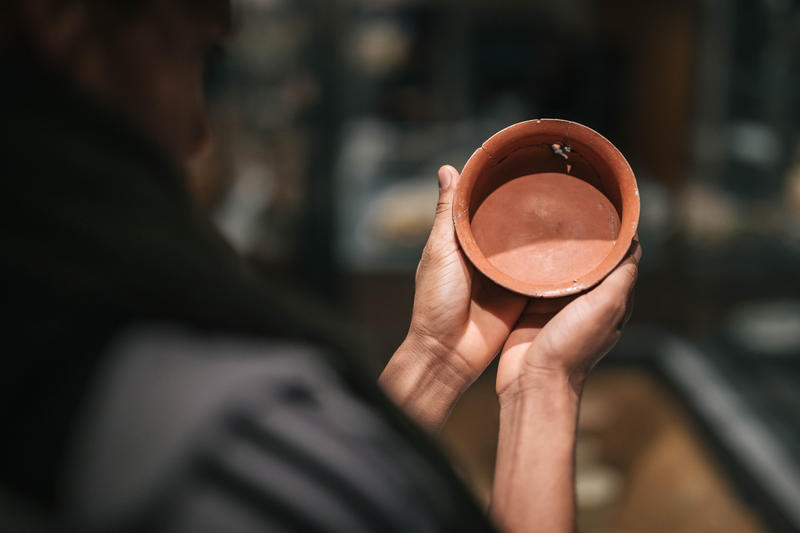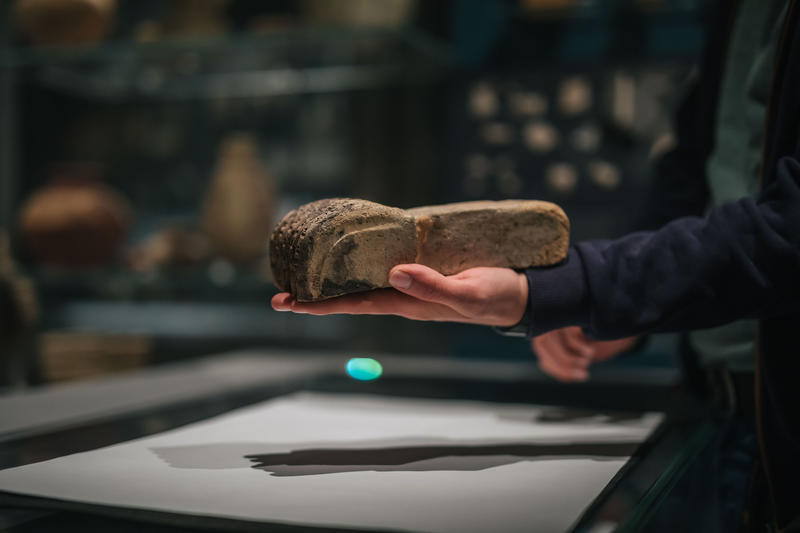The Introduction to Computer Programming course takes life-science students with very mixed experience and backgrounds and gives them the skills and confidence to be able to start doctoral research secure in the knowledge that programming is now a task they can do, should they care to.
The course has proven so popular that previous students have requested to come back and teach subsequent cohorts. These lecturers are encouraged to "own" the material they're teaching and develop and expand it so that each year examples are clearer, practical sessions are more relevant and lectures more coherent and useful.
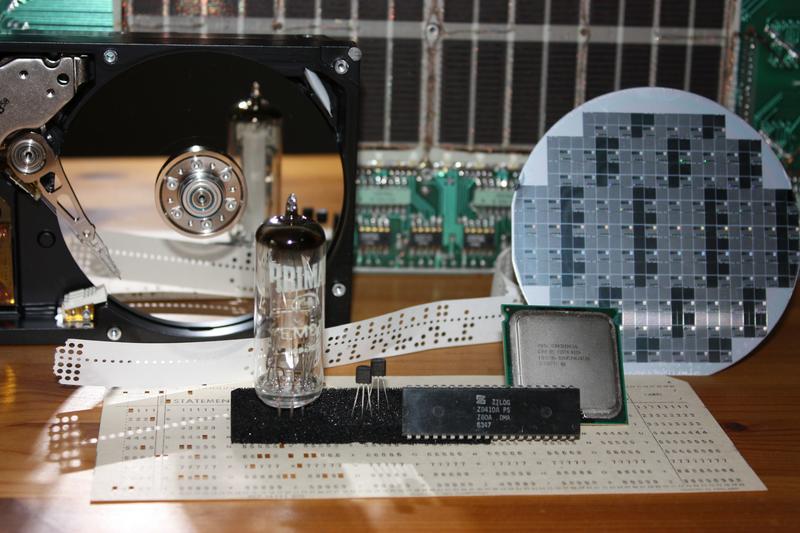
The greatest success of this course has been broadening students' horizons to such an extent that some choose to pursue computational research topics which, given their previous research experience and successes in other areas, they would not even have considered prior to starting the course.
Judges' comments
"This clearly-articulated project demonstrates a strong underlying educational rationale. The panel were particularly impressed with the powerful use of students learning with peers, and the previous students returning as demonstrators. There was an impressive case made for student impact. The panel noted that other groups at Oxford or elsewhere could benefit from knowing more about this project and hope that the team will continue sharing their work more widely. "
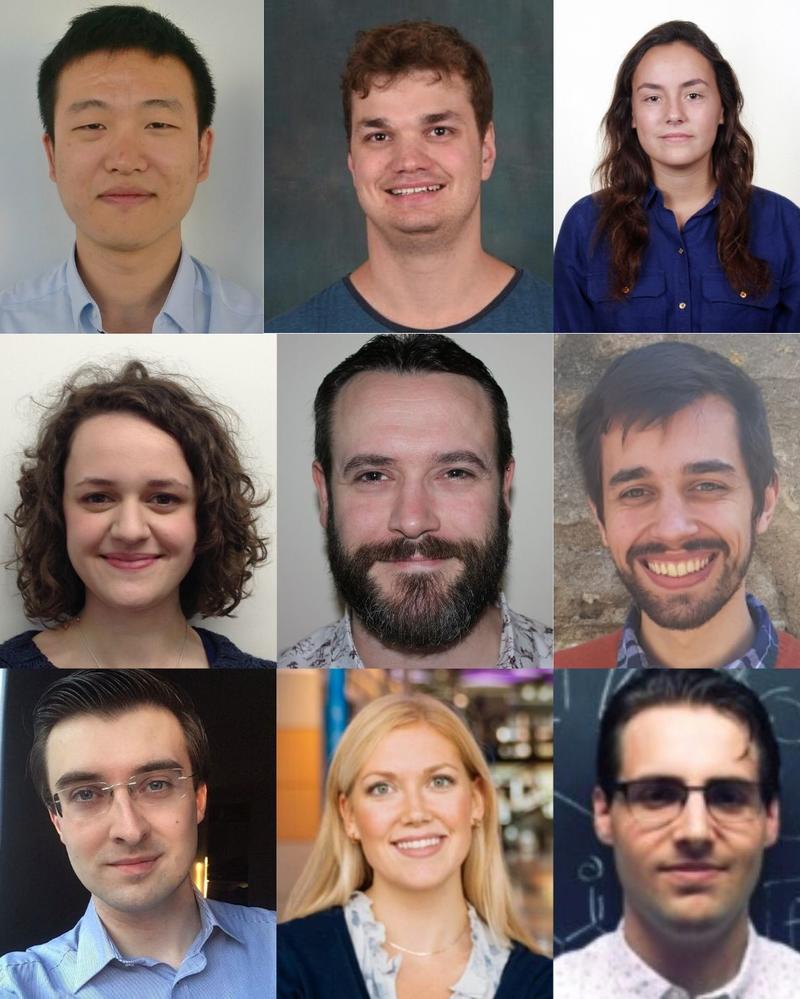
Some of the teaching staff involved in the project ((L-R) Mr Thomas Pak, Mr Samuel Aroney, Ms Simona Della Vale, Dr Lydia France, Dr Eoin Malins, Mr Matthew Raybould, Dr Istvan Huszar, Ms Emma Bluemke, Carlos Outeiral)
Project members
Dr Eoin Malins, Module designer, lecturer and laboratory demonstrator
Dr Istvan Huszar, Lecturer and laboratory demonstrator
Mr Felipe Moser, Lecturer and laboratory demonstrator
Ms Emma Bluemke, Lecturer and laboratory demonstrator
Ms Naomi Cannell, Lecturer and laboratory demonstrator
Mr Fergus Imre, Lecturer and laboratory demonstrator
Dr Joseph Bluck, Lecturer and laboratory demonstrator
Mr Thomas Pak, Lecturer and laboratory demonstrator
Ms Heather Jeffery, Laboratory demonstrator
Dr Lydia France, Laboratory demonstrator
Mr Henry Lloyd-Laney, Laboratory demonstrator
Mr Matthew Raybould, Laboratory demonstrator
Mr Nicholas Hall, Laboratory demonstrator
Ms Simona Della Valle, Laboratory demonstrator
Ms Kinga Zielinska, Laboratory demonstrator
Mr Carlos Outeiral, Laboratory demonstrator
Mr Charles Hill, Laboratory demonstrator
Mr Jiewon Kang, Laboratory demonstrator
Mr Florian Störtz, Laboratory demonstrator
Mr Evan Roberts, Laboratory demonstrator
Mr Samuel Aroney, Laboratory demonstrator

